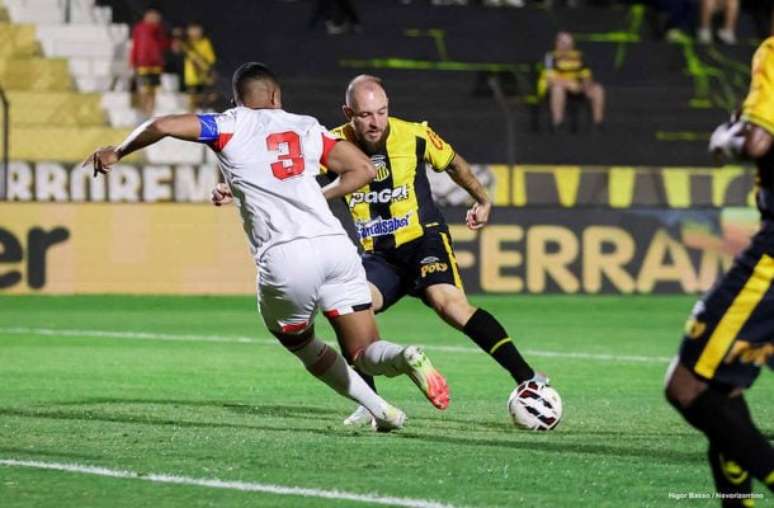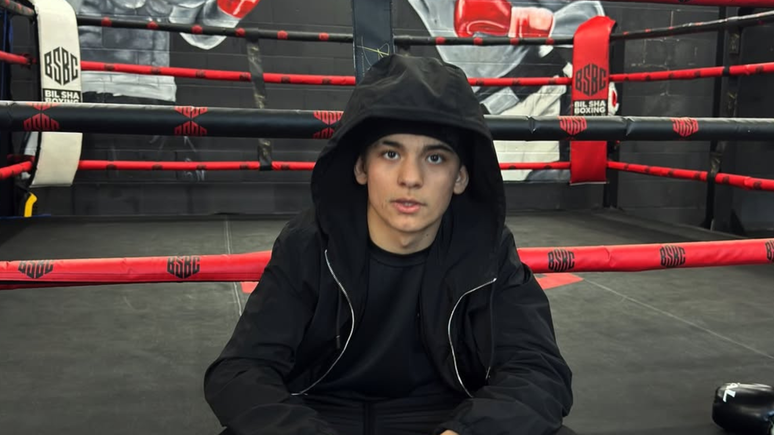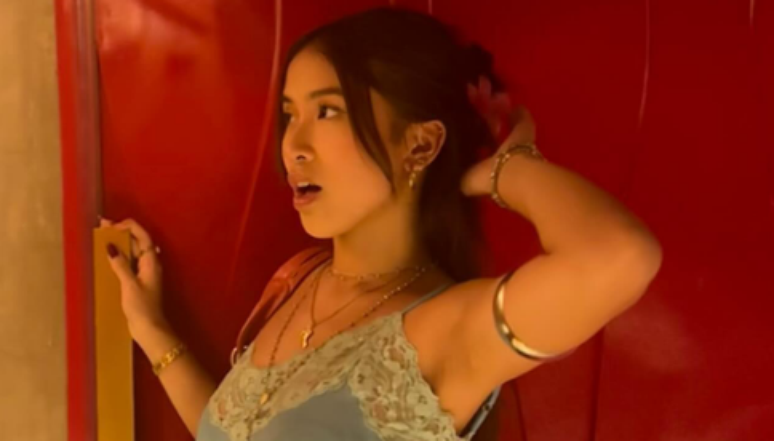Funkeira launches the EP ‘A Braba é Ela’, which rescues the artist’s roots in the genre that launched her on the music market
For a long time, women’s place in funk was limited to dancers. Pioneers, how Tati Quebra-Barraco, Deize Tigrona AND Valesca Popozuda, to name just a few references, has begun to change this scenario. But the idea that the musical genre treats women like a product still predominates in the popular imagination.
Maybe that’s why the funk singer Pocah says he always needs to answer a question about female objectification in his productions.
“When I make a video, I make art. Lady Gaga appeared naked, Britney Spears has a lot of skin, it’s art, I see it as art. When I see another woman in a video with a lot of skin showing, I think I consider it art “, he defended during a press conference to promote the EP Braba is youavailable on streaming platforms starting from Friday 15th.
For Pocah, female objectification is the responsibility of those who look at the woman.
“Objectification is in the eye of the beholder; evil in the eyes of the person. I sing that I am free, and that is why I am ‘bad’. I consider myself a powerful woman, as a great power,” she says.
The legacy Pocah wants to leave
Pocah debuted in the world of funk in 2011, still under the artistic name of MC Pocahontas. She had just turned 18 and, although she aspired to success, she was unsure of a career that would later be marked by dozens of awards, hundreds of shows and more than 1 billion plays on digital platforms.
Many of these hits were loaded with uplifting verses. “Turn it down, respect mama here,” she sings on the track I don’t have toof 2019. The artist fondly remembers his influences.
“When I started singing, there weren’t many women [no funk]. There were the fruit women, Marcelle, Sabrina, but it wasn’t like today. (…) They are talented, they have made a name for themselves thanks to their talent. I believe they encouraged others, just as I was encouraged by them to sing about my freedom,” she said.
From now on Pocah wants to be for girls what she received from those who came before: a reference. The desire is to “leave something precious”, as she herself recalled.
“Every time a new MC is born, a new funk, pop funk artist is born, and I hope that they learn something, that I can leave something valuable and that they continue with this. What I want, for our movement with women in funk , is that they never give up and that no one discourages them,” he added.
Information on the EP ‘A Braba É Ela’
The EP follows the current trend in the music industry: mixing, with funk as the basis. You can expect the traditional drum beat, funk melody and even trap-funk.
The funk singer’s new work is also rich in elements of Pocah’s personal history. In Assanhadinha, tells a true story, when he jumped over the wall to enjoy a dance in the favela. The clip was recorded in Campos Elísios, the community that hosts the RQ Ball, frequented by the artist.
The track, like the other songs on the album, seeks to reaffirm Pocah’s ties to funk and its origins.
“I had the displeasure of seeing people comment on the appropriation, that I was appropriating the favela. Often these people don’t even know who I am, they don’t know my history or where I come from, and they say nonsense. I recorded it [a música] in my community, where I grew up, where I recorded my first song. I come from Rio funk,” she declares.
Source: Terra
Earl Johnson is a music writer at Gossipify, known for his in-depth analysis and unique perspective on the industry. A graduate of USC with a degree in Music, he brings years of experience and passion to his writing. He covers the latest releases and trends, always on the lookout for the next big thing in music.






